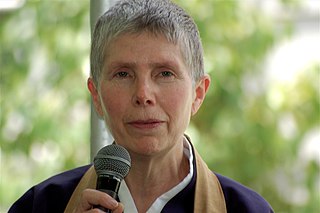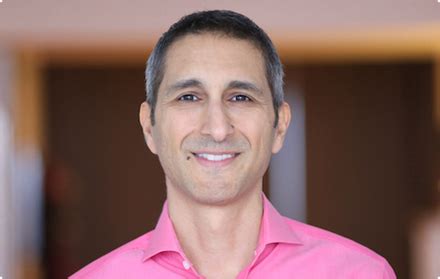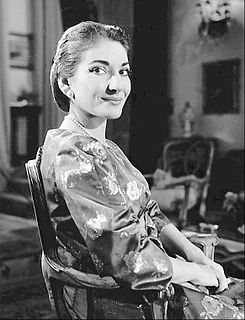A Quote by Arnold Bennett
You probably think of the orchestra as a heterogeneous mass of instruments
producing a confused agreeable mass
of sound. You do not listen for details because you have never trained your ears to listen to details.
Related Quotes
The Second Wave Society is industrial and based on mass production, mass distribution, mass consumption, mass education, mass media, mass recreation, mass entertainment, and weapons of mass destruction. You combine those things with standardization, centralization, concentration, and synchronization, and you wind up with a style of organization we call bureaucracy.
'In empathic listening you listen with your ears, but you also, and more importantly, listen with you eyes and with your heart. You listen for feeling, for meaning. You listen for behaviour. You use your right brain as well as your left. You sense, you intuit, you feel.' ... 'You have to open yourself up to be influenced'.
Make your will one! Don't listen with your ears, listen with your mind. No, don't listen with your mind, but listen with your spirit. Listening stops with the ears, the mind stops with recognition, but spirit is empty- and waits on all things. The Way gathers in emptiness alone. Emptiness is the fasting of the mind.
Several times a day, stop and just listen. Open your hearing 360 degrees, as if your ears were giant radar dishes. Listen to the obvious sounds, and the subtle sounds?in your body, in the room, in the building, and outside. Listen as if you had just landed from a foreign planet and didn?t know what was making these sounds. See if you can hear all sounds as music being played just for you. Even in what is called silence there is sound. To hear such subtle sound, the mind must be very quiet.
To listen fully means to pay close attention to what is being said beneath the words. You listen not only to the 'music,' but to the essence of the person speaking. You listen not only for what someone knows, but for what he or she is. Ears operate at the speed of sound, which is far slower than the speed of light the eyes take in. Generative listening is the art of developing deeper silences in yourself, so you can slow our mind's hearing to your ears' natural speed, and hear beneath the words to their meaning.
I got my own sound in Atlanta because I don't listen to anybody's music. When you listen to people's music, you start to say stuff they say as an artist because that's what you've been listening to. Me, I don't listen to anybody. I support, but I don't listen, because I don't want to run with someone style. I do my own thing.
What [Tulio Serafin] said that impressed me was: "When one wants to find a gesture, when you want to find how to act on stage, all you have to do is listen to the music. The composer has already seen to that." If you take the trouble to really listen with your soul and with your ears - and I say soul and ears because the mind must work, but not too much also - you will find every gesture there. And it is all true, you know.
Joblessness is a weapon of mass destruction. Poverty is a weapon of mass destruction. Hunger is a weapon of mass destruction. Poor health care is a weapon of mass destruction. Poor education is a weapon of mass destruction. Discrimination is a weapon of mass destruction. Let us abolish such weapons of mass destruction here at home.
Movies are details. Movies are billions of details that come into a certain moment. So with all the years and months and weeks and days and minutes of preparation, then finally you're shooting and it all comes down to these moments when you're shooting, which is sort of insane when you think about it. The details make a difference.
Power lies in the details, and the tenacious pursuit of such hidden levers can pay off enormously. While you don't want to get a reputation as a prissy worrywart, worrying about the details in private is important. You may think you are the world's greatest speaker, but if the auditorium's sound system is singing static - well, forget it.







































